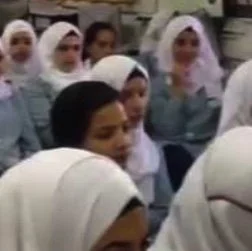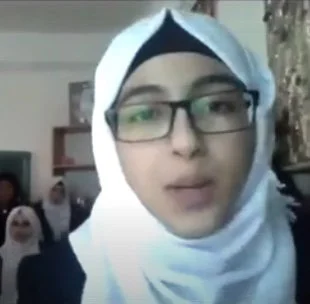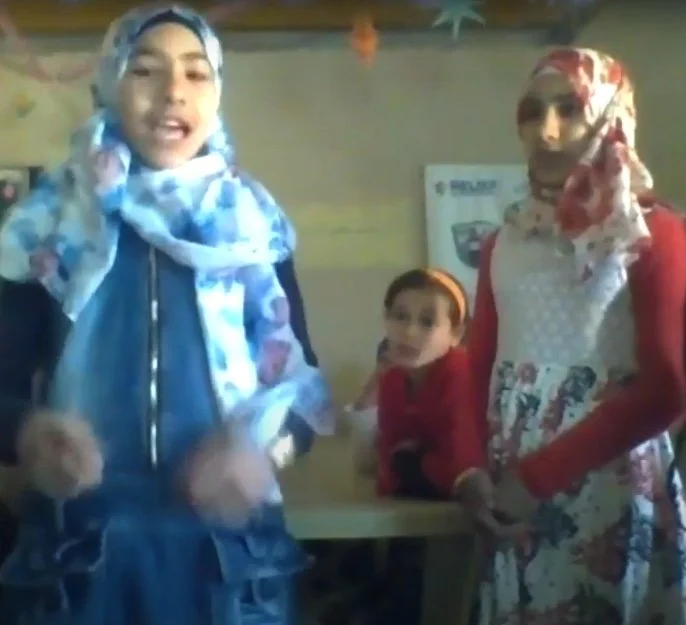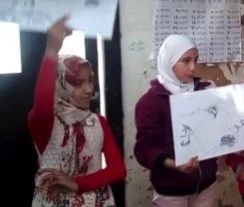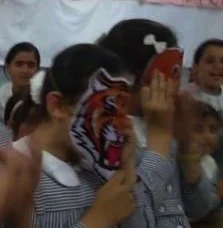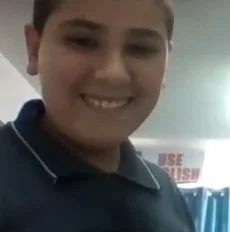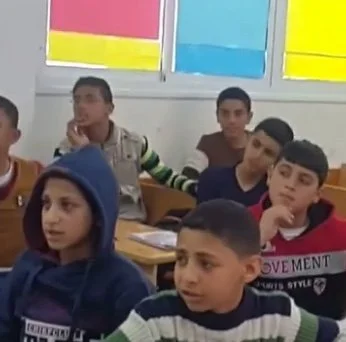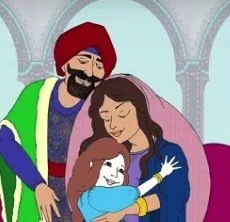This week we have a guest post by one of the latest teachers to join our ever expanding pool of volunteers around the world, Emi Slater. What Emi writes fits in very well with the current trend in the work of the Hands Up Project to focus more on children creating stories, rather than merely consuming them. Over to you Emi...
Read MoreThis week another Hands up project volunteer, SIBEL KARATAŞ, a teacher of Turkish and English based in Berlin writes about her experiences working with a large girls group in Hebron, Occupied Palestine…
Read MoreThis week we have something rather special - a guest post from Jane Willis. Jane has been a supporter of the Hands Up Project for a long time and is on the advisory panel - offering us support in bringing task based learning into the work that we do. Over to you Jane....
Read MoreI’m very proud of what the Hands Up Project has achieved in the last 2 years. We now have around 15 different groups of children in Palestine, Jordan and Pakistan (some quite small and some with up to 80 participants!) and we're connecting to them each week to do online sessions.
Read MoreIn 1990, when I first took some training to be a teacher of English as a foreign language, we were strongly encouraged to use the PPP (Presentation, Practice, Production) framework for planning lessons. Here's a reminder of how it works...
Read MoreDespite all the hype about learning styles in recent years, it's a well known fact, backed up by research, that our ability to remember images outperforms our ability to remember other forms of data, such as written words, sounds, or smells. In one study, cited in Medina (2008), people were shown 2500 different images - each one for just 10 seconds.
Read MoreThe difference between theatre and classroom drama is that in theatre everything is contrived so that the audience gets the kicks. In the classroom, the participants get the kicks.'So how can second language learners benefit from performing in a play?
Read MoreMost of what I'm doing in my online sessions with kids uses material from here but this week I want to focus on something a bit different. One area of storytelling that I haven't really looked at so far with these posts is working with picture books. With very young learners especially, I've often felt that if all teachers ever did was tell their kids stories from these books, then something very useful would be going on.
Read MoreDrilling is often criticised for being an old fashioned, teacher controlled activity with minimal cognitive challenge for learners. But the central idea behind it – that of pushing learners to process and reproduce a stretch of spoken language after a model from a more advanced speaker - can, in my opinion, be a very useful component of good teaching.
Read MoreUsually when I write this weekly blog post I share it first with the various Palestinian teacher and teacher trainer groups that I belong to on Facebook, before sharing it elsewhere. I do this because it is this kind of audience that this blog is intended for. I want this to be a space where teachers who work in contexts like these can get new ideas, where they can download resources, and where they can discuss and share ideas about what happens in their own classes.
Read MoreSometimes when we think of drama we think of Shakespeare, or we think of complex archaic language, or we think of struggling to feel the motivation for a particular line, or if, like me, you went to primary school in Britain in the 1970's, you may think of standing for what seemed like hours and being a tree!But drama as a tool for teaching English as a foreign language to young learners can be a much more straightforward and down-to-earth matter.
Read MoreAs human beings we are programmed to make sense of the world around us through stories. In some format or other, telling or listening to stories is a principle part of the way we interact with others on a daily basis. Because of this, in homes and more formal educational settings alike, stories have been used to teach things to children since the beginnings of human speech, and all of the major religions of the world have used stories and storytelling as a way to put complex ideas into a format which is simple, accessible and inherently memorable.
Read More
